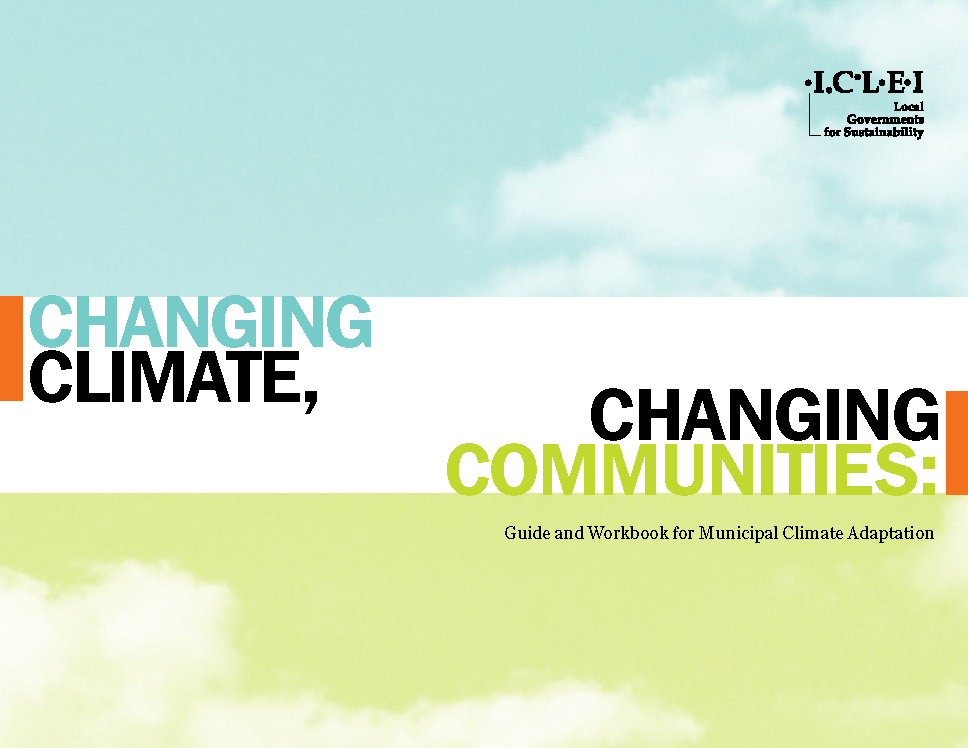Adaptation PlanningCommunities across the north are particularly vulnerable to climate change, and as such, adaptation planning has become a necessary reality in order to ensure sustainability into the future. Felt across the natural landscape, changing access to country foods and travel, impeding local infrastructure development and planning, as well as rendering existing capacity inadequate, climate change impacts are pervasive. Many local governments are already at the centre of this reality, with the effects of melting permafrost still largely unknown (ICLEI Canada, 2011). Climate Change impacts on permafrost regions are being monitored as many northern First Nations and Inuit communities reside on these sites. Land areas that are unstable upon thaw (land erosion, slope failure) pose a concern as they may have safety implications for existing homes and infrastructure. Understanding the changing landscape is also important for communities as they rely on the land to safely hunt, gather country foods, travel to see loved ones, and for healing.
|
Click on a link below to check out how these communities are engaging in climate change adaptation!
Inuvialuit Settlement Region
Aklavik
New Brunswick
Northwest Territories
Dene Nation
Denendeh
Dettah & N'dilo
Smith's Landing
Jean Marie River (Tthets’éhk’edélî)
Ka’a’gee Tu (Kakisa)
N'dilo
Tulít'a
Nova Scotia
Paqtnkek Mi’kmaw Nation
The Confederacy of Mainland Mi'kmaq
Nunatsiavut
Nain
Rigolet
Sivunivut
Nunavut
Cambridge Bay
Iqaluit
- Support and Workshops for National Inuit Youth Summit (2015-2016)
- Implementing a ‘Design Thinking’ Research Process to identify concrete community-based actions to mitigate the effects of climate change on health and wellness in Inuit communities in Nunavut (2015-2016)
- Inuit Women’s Views and Priorities on Climate Change and Human Health Workshop - Pauktuutit Inuit Women of Canada (2008-2009)
Ontario
Quebec
Saskatchewan
Mistawasis Nehiyawak
Yukon
Selkirk

